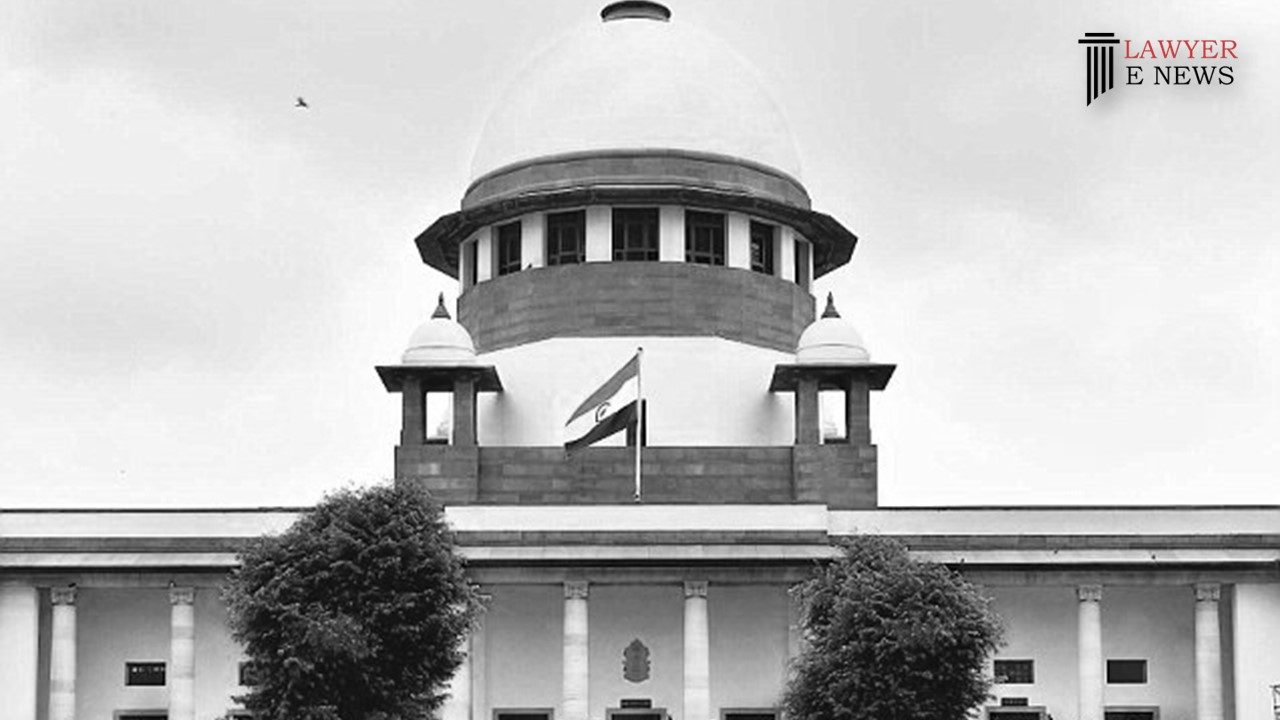-
by Admin
15 February 2026 5:35 AM



In a landmark judgment that clarifies the application of the Prevention of Money Laundering Act (PMLA), the Supreme Court today set aside the order against Pavana Dibbur, accused of money laundering. The bench, comprising Justices Abhay S. Oka and Pankaj Mithal, provided significant clarifications on the scope and interpretation of the PMLA, especially concerning the linkage of Section 120-B of the Indian Penal Code (IPC) with scheduled offences under the PMLA.
In the case titled Pavana Dibbur versus The Directorate of Enforcement, the apex court observed, “The offence punishable under Section 120-B of the IPC will become a scheduled offence only if the conspiracy alleged is of committing an offence which is specifically included in the Schedule” (Para 27e). This decision becomes pivotal as it narrows down the ambit of what constitutes a ‘scheduled offence’ under the PMLA.
Pavana Dibbur was accused of being involved in property transactions using the proceeds of crime. However, the court noted that the appellant was not originally an accused in the predicate offence, raising questions about her culpability under the PMLA. “It is not necessary that a person against whom the offence under Section 3 of the PMLA is alleged, must have been shown as the accused in the scheduled offence,” the court explained (Para 27a).
The judgment also addressed the acquisition of properties allegedly linked to money laundering activities. The Court deferred the determination of whether the properties in question were acquired using proceeds of crime to the trial, underscoring the need for due process (Para 27d).
Additionally, the court held that the conditions precedent for an offence under Section 3 of the PMLA are the existence of a scheduled offence and proceeds of crime related to that offence (Para 11-15). The decision also highlighted the impact of acquittal or discharge in the predicate offence on proceedings under the PMLA, with the court stating that an accused under PMLA may benefit from such outcomes (Para 27b).
The judgment has far-reaching implications, offering clarity on the interpretation of the PMLA and its application. Legal experts view this as a significant step towards ensuring that the provisions of the PMLA are not misapplied or stretched beyond their intended scope. This decision is expected to influence future cases involving allegations of money laundering under the PMLA.
Date of Decision: 29th November 2023
Pavana Dibbur VS The Directorate of Enforcement
